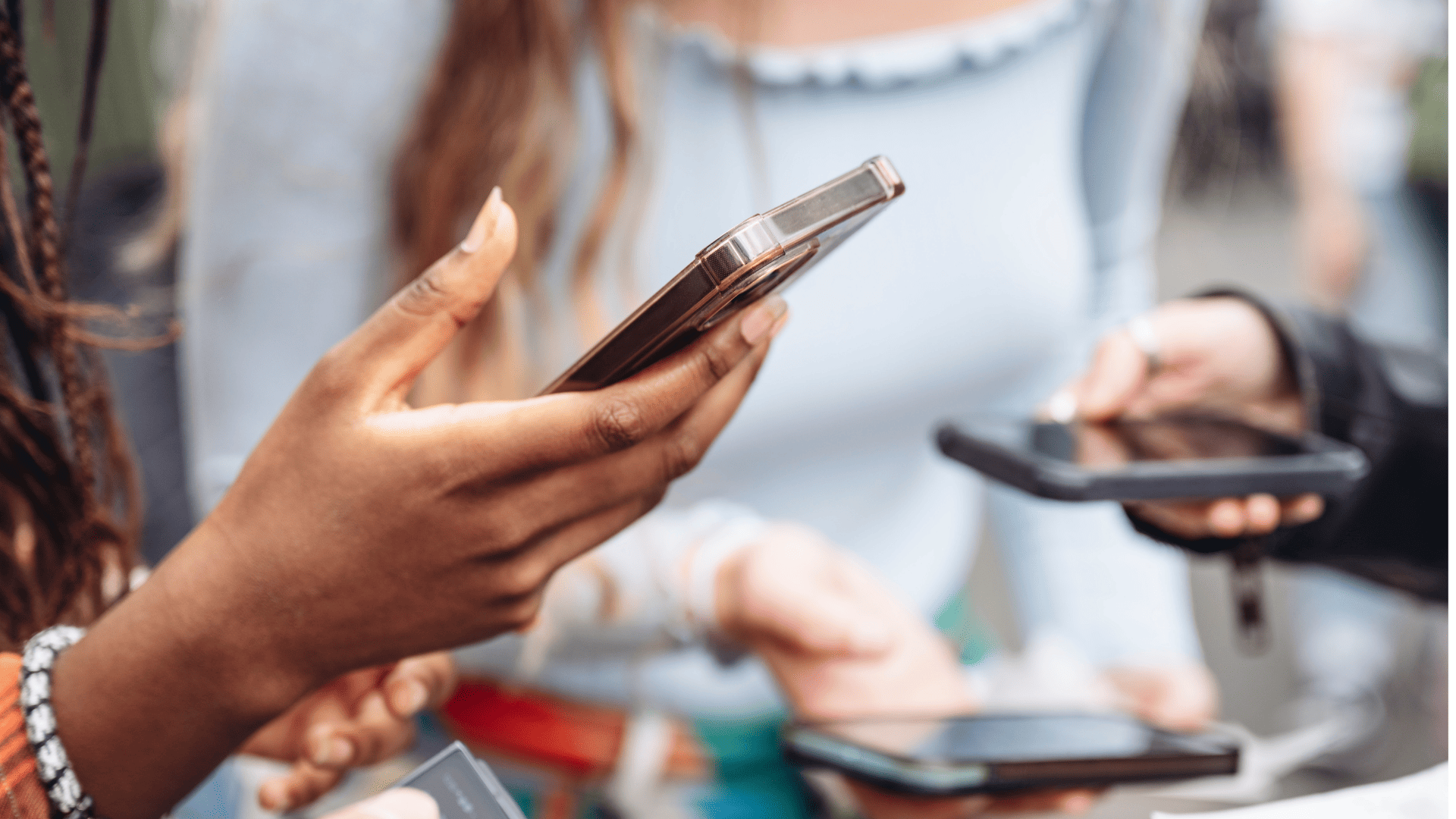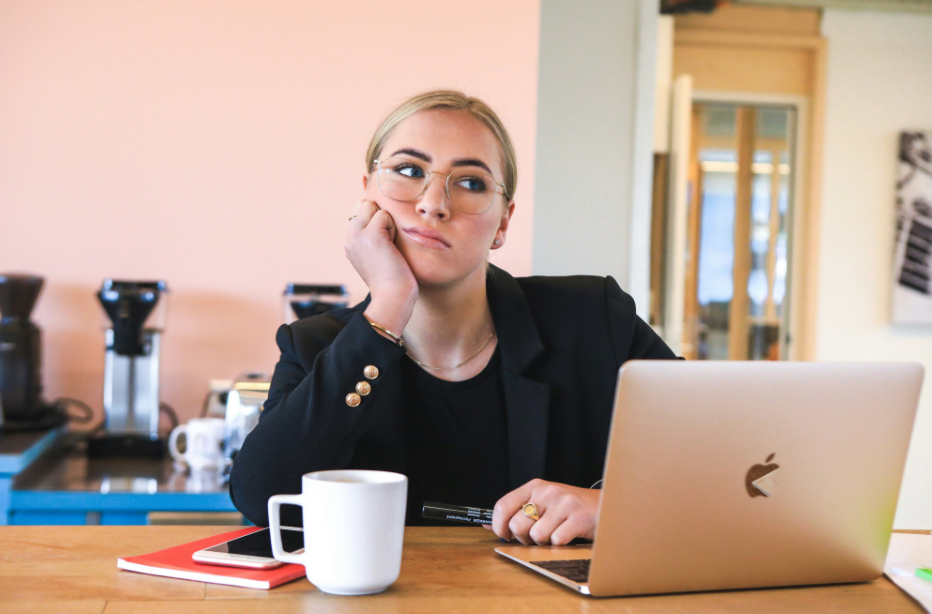Social media is a paradox. It can get us closer to others, but it can also leave us feeling inadequate and lonely. It can help us develop ourselves or lead us down the path of social media burnout. The good news is that we can choose how social media affects our wellbeing. Here we explore some concrete steps we can take to make social media our friend.
Setting Boundaries with Social Media
To create a healthier relationship with our mobile devices and social media, we need to set boundaries. The first step is to become aware of the current amount of time we invest in social media. There are applications (apps) that can tell us how much time we spend on social media or our phones. Certain mobile devices such as iPhones have this built setting, but if your phone does not include it, you can download apps that can quantify this data for you.
The second step is to set a limit of hours or minutes you wish to spend daily on social media platforms. You can choose a limit that you are comfortable with. It could be 3 hours or 30 minutes. You can also set specific allotted times in your schedule for ‘social media downtime.’ This way, you can devise a schedule where, perhaps, you just use social media for 2 hours in the evenings.
It can be challenging to cut down on social media; after all, it can be addictive. You can set small, achievable goals at first, where you cut down your limits slowly. For example, one week, you might cut it down to 2 daily hours while the next week to 1 hour. Instagram and other apps have a setting where you can state the amount of time you want to use it per day, and when you have exceeded that limit, they will notify you. Other applications, such as One sec app, will pop up when you click on a social media app and ask you to pause, take a deep breath and then decide if you want to open it.
Create Distance with Your Phone
Sometimes even the proximity of our phone can prompt us to pick it up. We unconsciously notice the phone lying next to us, and we grab it out of habit. Therefore, one good way to keep to our set limits is to place our phone far away from us or even hide it. It might sound silly, but when the phone is out of our eye view, we can focus more on other things and forget about its existence.
Unfollow What Doesn’t Make You Happy
Social media detoxing does not simply refer to spending time away from your platforms; it also means taking some time to delete those accounts that negatively impact our wellbeing. This serves to protect our mental health from some negative effects.
If you check your network and there is always a news outlet, page, or friend that makes you feel bad, you can unfollow them or mute their content. If you do not wish to unfollow them, you can try to counterbalance the negativity. For instance, you might find it important to follow news channels that often report unfortunate events. But perhaps you could try to also follow accounts that highlight positive events (like The Happy News). Or, you can try to follow people that might discuss sad events, but that also share ways we can help and display their concrete actions to change the world. These steps can help you create a more balanced view of the world where you will not spiral into a negative mindset.
Lastly, you can also try to close accounts in some social media channels or delete some apps. For instance, perhaps you do not need ten apps/platforms. You can choose your favorites, those that provide you with more happiness and helpful information and delete the others.
Practice Self-Compassion
To protect our mental health when engaging with social media, we can practice self-compassion. Try not to compare your account to those you see in the digital world. Social comparison can lead to self-image and self-esteem issues that do not reflect reality.
There will always be somebody that has more followers. On the other side of the world, there will always be somebody that seems more skilled at your hobby. Social media opens the gates to compare ourselves with literally every other person on the planet, and it can be overwhelming. We must keep in mind that each person has their journey; it is not a race, and some people might have started their journey before you, so it is okay to go at your own pace.
So, If you catch yourself being self-critical after seeing an account or post, ask yourself: "Is this something that I would say to a friend?" If I saw this account, would I tell my best friend that their account is awful and that they should stop posting? The most common answer is no.
So then, what would you say to your friend? Perhaps you’d say, “your account is great, and this person’s account is also great. Their success doesn’t take from yours, and maybe you can learn from each other.” Treating yourself as a friend can help you refrain from being overly critical with yourself and nurture a balanced self-image.
Social Media Business? Plan Ahead
If you have a business or have a professional account, it might be challenging to separate yourself from social media. However, the tips beforehand can still apply to you. You can indeed create a limit for yourself, which could be a scheduled part of your agenda.
For example, you can allot certain days and times to social media use. You do not need to spend every day behind your screen; you can choose a day to use tools to schedule the weekly content (such as Hopperhq). Likewise, you can schedule one moment of the week to interact with the comments from your community. And, when doing so, you can try to use apps that are designed to block distractions. This way, you have more control over your social media use and can even organize your time more wisely to develop your business further.
Social Media: Friend or Enemy?
Social media can harm our mental health, as we have discussed before. To protect ourselves against the adverse effects, we have to take concrete action and, bit by bit, improve our habits.
Balance and moderation are the keys, and we hope that these tips can help you achieve just that. Thank you very much, and stay safe!
What's next?
- Sign up for my newsletter here and get the FREE 40-page guide/workbook on Self-Care filled with practical tips that can make your life more peaceful and balanced.
- Get your FREE Guide "How much of a Perfectionist are you?" and find out which of the features you own are highly related to your Perfectionism.
- Visit All Courses for more workshops and courses on Self-Growth and Relationships.
- Book recommendations on Mindfulness, Anxiety & Depression:
- Watch our videos with Psychology tips and insights on Relationships, Perfectionism, Anxiety, Burnout, etc.
- Read more articles on Relationships, Self-Development, Loneliness, and Perfectionism here: Blog.
- Don't let anxiety pull you down, contact me and start your own therapy journey in order to get you out of this negative circle.
- Join our Facebook page and Instagram page and read more posts about self-development.





